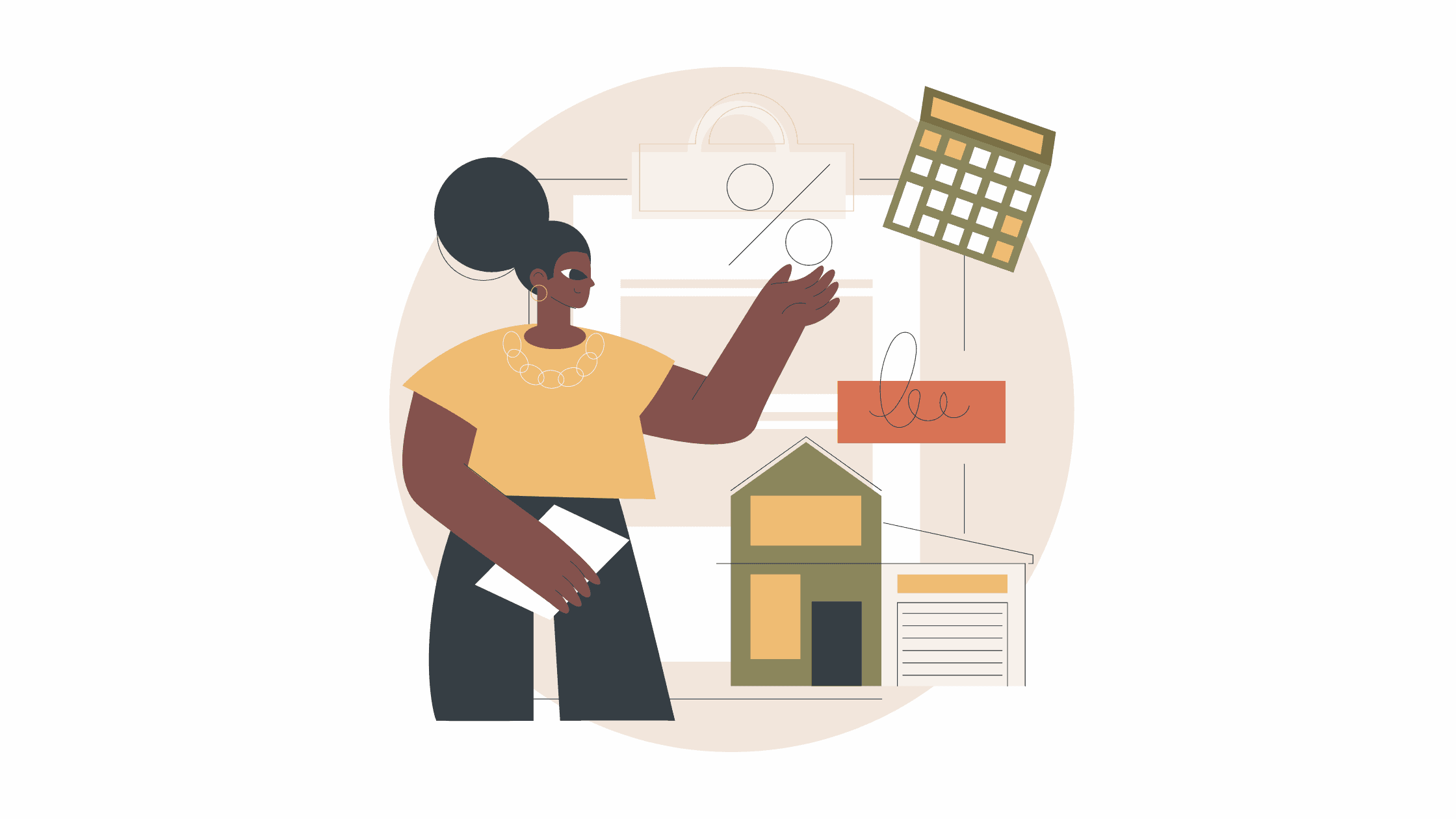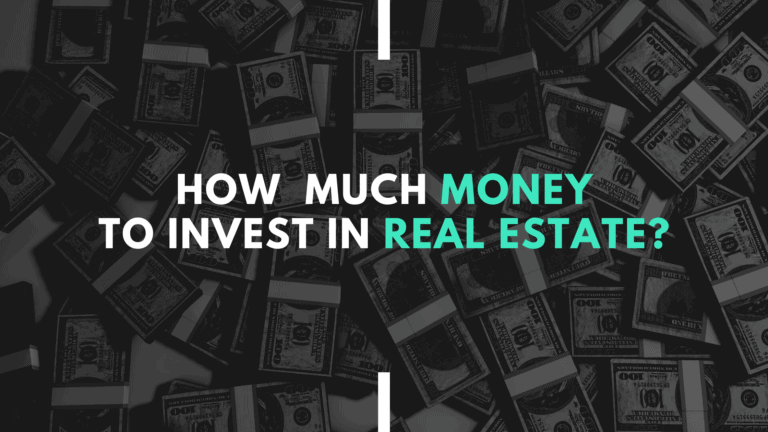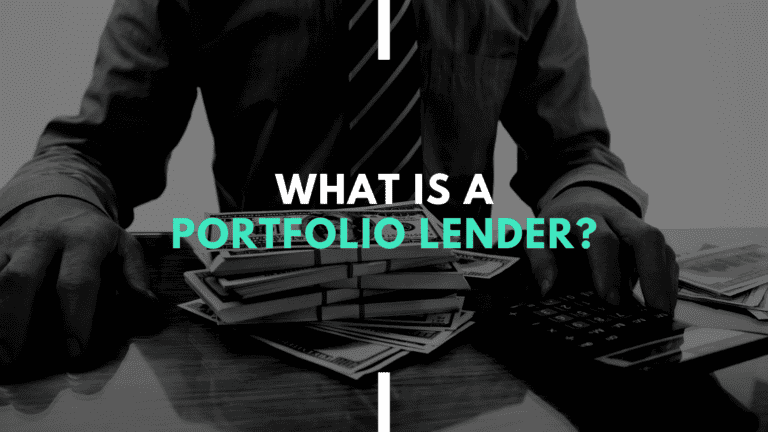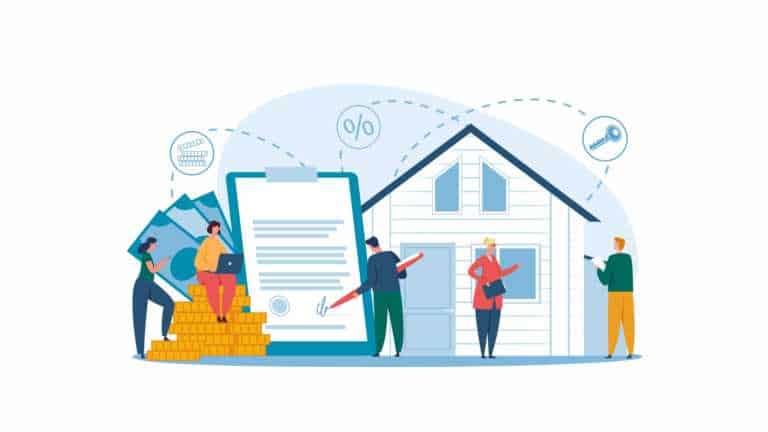Non-conforming Jumbo Loans Explained in Detail
What a Non-Conforming Jumbo Loan Is And How to Qualify For One?
Homebuyers have a lot of unfamiliar terms to learn during the mortgage process. If you’ve been looking at buying real estate that’s priced higher than the norm in your area, you may have come across the term “jumbo loan”, or “non-conforming loan”.
What does this truly mean and how does it affect buying a home?
A non-conforming home loan is also called a jumbo loan. This a mortgage for a high-priced home. Conforming loans are those backed by Freddie Mac and Fannie Mae, the two government-chartered lenders, and they have a limit on how much they can lend to purchase a home. A non-conforming loan is for an amount above the conforming loan limit.
Jumbo loans represent a greater risk for the lender. The terms and conditions of these loans will vary widely from lender to lender, but generally have a higher interest rate because of the higher risk they carry.
What To Expect When Applying For a Jumbo Loan
Non-conforming loans exceed the limit for a conforming home mortgage. That limit is different depending on where you are buying real estate. In many places in the United States the limit for a conforming loan is $484,350. In areas where homes tend to be more expensive, the conforming loan limit can be as high as $726,525.
When a financial institution considers a loan of this amount, they take a more critical look at the borrower. The lender wants to see a very strong financial situation. The potential homebuyer needs to have a high credit score, a low debt-to-income ratio (DTI) and a large cash reserve.
Many lenders require a 20% down payment. There are some that only require 15%, but there are also many that require as much as 30% for a down payment on a jumbo loan.
The more risk the lender takes on by accepting a lower credit score or lowering the down payment amount, the higher the interest rate will become. This means that while you can find lenders that require a smaller down payment, you will pay a higher interest rate in return. You can discuss your options with your lender and ask questions about how much varying down payment amounts will affect your interest rate. Be sure that as you move forward you are fully aware of how much you are paying in interest so you aren’t surprised down the road. On large sums of money, a difference of half a percent is a large total sum in the end.
Income documentation will be stricter when applying for a non-conforming loan. This means that they will require you to submit more paperwork to prove you have the income to make your payments. For example, a self-employed borrowed may be required to submit multiple years of tax returns to prove a steady income over a longer period of time.
Credit scores will be looked at much more closely for jumbo loan applicants. Many lenders will have a minimum credit score requirement of 720, though some will go as low as 680. Again, a lower score represents more risk to the lender, so that will likely mean the lender will charge a higher interest rate.
The lender will take a close look at your debt-to-income ratio to see if you have other payments that may affect the likelihood you will pay your mortgage on time. They will also take a close look at your past payment history for mortgages or rent.
Lenders will also want to see that borrowers have sizable cash reserves. Essentially, the lender wants to see if that if something were to happen with your income, you have a sizable amount of money to draw on so you can continue paying your mortgage for a reasonable length of time. With a conventional mortgage, the lender wants to see that a borrower has a few months of payments in reserve. With a jumbo loan, they may want to see an amount somewhere between six to 12 months worth of payments. Typically, half of this amount would need to be liquid, meaning that it would need to be cash you could immediately access in a checking or savings account, with the other half could be tied up in an investment like a retirement account.
The Types of Homes You Can Buy With a Jumbo Loan
Lenders take a closer look at potential homebuyers with non-conforming loans. They also take a closer look at the homes themselves.
The lender wants to be sure there isn’t anything wrong with the property. If it turns out that the property isn’t worth as much as they lend for it or there are other problems, then this increases the risk the lender is taking. Because of this, it is common for lenders to require a second appraisal of the property.
They may also require that the jumbo loan be for a primary residence. A borrower is more likely to take their monthly payments seriously on a primary residence as opposed to a second home.
Many lenders will also avoid jumbo loans for foreclosed homes. They will have different requirements for a house versus a condo as well.
These types of restrictions will be different with every lender they are things you should ask them about before moving forward with the loan process. It’s important to find a lender that has the right terms for you.
The Interest Rate on a Jumbo Loan
Your interest rate will depend on your lender and how they view your financial situation. Jumbo loan lenders create their own underwriting guidelines for jumbo loans, so they will place a greater priority on the criteria the company has decided is most important. This will affect the rate you are offered.
In the past, interest rates have always been higher for jumbo loans as compared to conforming mortgages. While this is still sometimes true, for borrowers with a strong financial situation that the lender looks upon favorably, there are lower interest rates available that are comparable to what is offered for conforming loans.
Related Questions
What is the difference between a non-conforming loan and a conforming loan?
The main difference is the amount the loan is for. Because the larger sum carries a greater risk for the lender, you can expect there to be more costs to the loan, including a higher interest rate, a larger down payment, and higher closing costs than with a conventional loan. The borrower will also have to meet more requirements for the larger mortgage.
What is the debt-to-income requirement on a jumbo loan?
Anytime you apply for financing your debt-to-income ratio will be considered. This is the amount of debt you have when compared to your income. With a jumbo loan, it’s common for a lender to require a DTI of 43%, though sometimes they will go as low as 38%. This means that all of your debt, including your mortgage, other loans, and credit cards, must be less than 43% of your pretax income.
Who is a jumbo mortgage meant for?
Non-conforming loans are meant for potential homebuyers who want to purchase a high-priced home and have a strong financial foundation and high income. Borrowers looking for a jumbo loan should also be prepared to take on a long-term financial commitment, so they should be planning on staying in their property for years to come.
In Summary
While there are many factors to consider when it comes to non-conforming loans, at its heart, these are simply very large mortgages. They require a high income, a strong financial history, and a match with the right lender.
It’s important to research your jumbo loan lender. Make sure they have experience with these types of loans and be very clear on what their terms and conditions are. These will affect how much you pay in interest and other fees as you go through the loan process so it’s important to be clear on what to expect.
While non-conforming loans are not conventional mortgages, they are still a common type of home loan. With enough research and a strong enough financial situation, you will be able to find the right lender for you.






